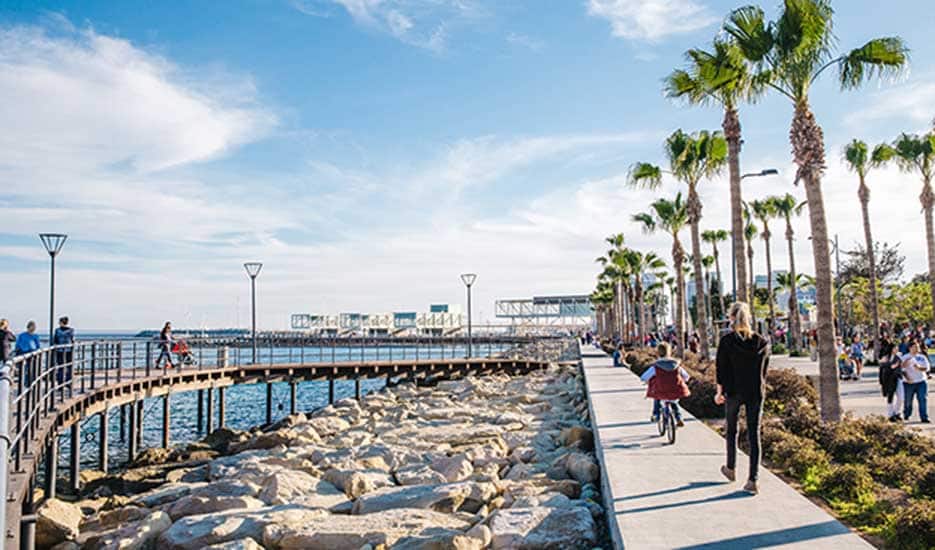Tourism to Cyprus seems to have recovered from Russian sanctions as arrivals so far this year are eight per cent higher than the record year of 2019 and 38 per cent higher than last year, Deputy Tourism Minister Costas Koumis told MPs on Tuesday.
Speaking to MPs at the House commerce committee, Koumis said Cyprus’ tourism sector is quickly recovering from the impact of sanctions on Russia over the war in Ukraine.
But he cautioned that all is not rosy, as some businesses are struggling to remain financially viable due to their dependency on the Russian market, which has been hit as a consequence of sanctions connected to the war in Ukraine.
Koumis specified there were two types of consequences linked to the sanctions.
The immediate impact is the cutting off the flow of tourists travelling from Russia and Ukraine. The secondary consequences are the increasing costs both for tourism businesses and the overall trend.
Cyprus has been hit by both as it traditionally attracted a high number of tourists from Russia and Ukraine. In 2019, these two markets accounted for 876,000 tourists, 22 per cent of arrivals.
Koumis told MPs some businesses had relied on Russian and Ukrainian tourists 100 per cent and subsequently are now paying the price of this dependence.
Chairman of the committee and Disy MP Kyriakos Hadjiyiannis said the government needs to move to support these businesses – and not necessarily through monetary means.
“We have demanded the state starts a dialogue, primarily with the tourism sector but not only them, about how they are affected and provide a support scheme for them.”
Though it may not be many businesses that are affected, it will be a huge problem if they are unable to pay staff or shut down because a majority of them are on the brink of losing it all, Hadjiyiannis said.
The committee chairman said a similar issue was reflected in the services sector. A lot must be done to create conditions where Cyprus can continue having a good reputation, he added.
Koumis specified there is political will to help businesses and that the ministry would be turning to the EU as it awaits funds, pending approval.
He told deputies the policy from the ministry is that businesses should be broadening their scope of tourists they were attracting. If there was or if there will be issues over financial viability, there are schemes to support them such as digital upgrading, Koumis said.
He highlighted that investments made in various tourism markets are now paying off at a significant pace, resulting in the island’s resilience.
Efforts are ongoing, he added, specifying that the deputy ministry is trying to increase connectivity to Cyprus and interest from new markets.







Click here to change your cookie preferences